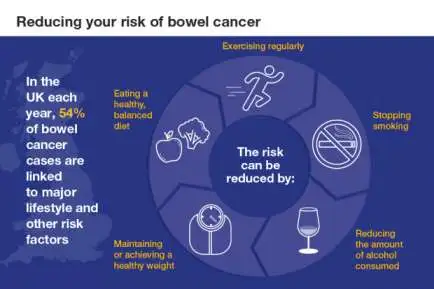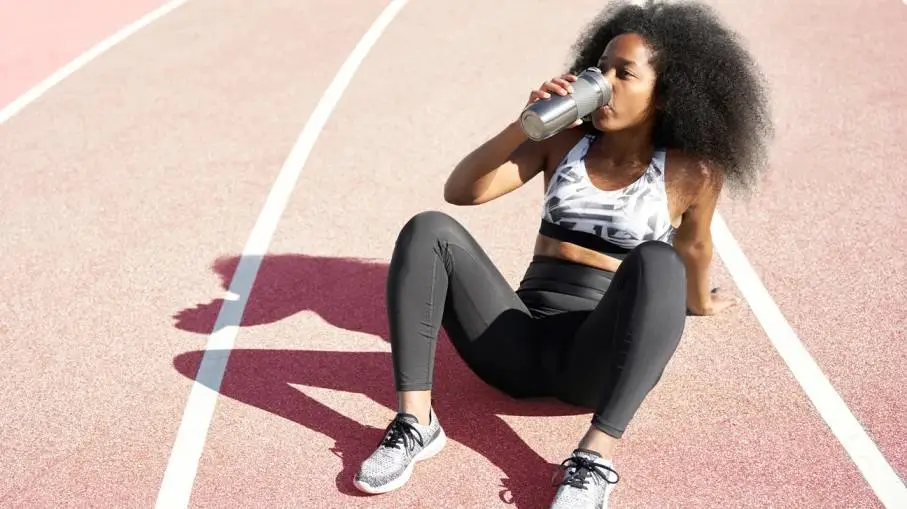
This content originally appeared on Beyond Type 1. Republished with permission.
By Katie Doyle
The Baltimore Ravens didn’t choose just any offensive lineup during the 2018 NFL draft – a key part of their strategy is Mark Andrews, a tight end from the University of Oklahoma who has been managing his type 1 diabetes since before he started playing football and into his rookie season.
Beyond Type 1 spoke with Mark about his pre-game rituals, how technology like the Dexcom G6 helps him stay on top of type 1 on long Sunday afternoons, and why it’s important to use his high-profile career to educate and advocate with National Diabetes Awareness month coming up.
How have you managed your diabetes through major life changes, like going away to college, playing a division 1 sport, or going through the NFL draft?
I was diagnosed at 9 years old, and it was the first time I ever saw my dad cry. At that moment, I knew it was serious because it wasn’t something my dad did very often. And since then, my family has been my rock. I was lucky enough to have a dad who was also a doctor and had an understanding of diabetes when I first was diagnosed.
Personally, I wasn’t very nervous. I knew that one day I wanted to move out, play football at a Division 1 level and ultimately play in the NFL. It’s something I was always very diligent about. I wasn’t going to let my nerves or anything else get in the way of that. My mom probably worried most, but my dad was instrumental in instructing my whole family in what to expect and what to know. I rely on them a ton. Using a CGM allows them to be a part of it and know my numbers at all times. It gives them peace of mind to be able to check in on me.

Image source: Beyond Type 1
How does your family support you from across the country?
My mom will always be my mom, so she still checks on me regularly. Last week, she texted me and said, ‘Hey, I don’t think you have enough complex carbs on board, you’ve been going low and trending low a lot. Just want you to eat something that gives you more complex carbs. I love you, hope you’re having a good week; I’ll talk to you soon!”
It’s awesome to get a text message like that and know my family has my back. After that, I ate a peanut butter and jelly sandwich just to have that background complex carb and went about my day. It’s always good having people look out for you — the more eyes you have on someone with diabetes, the better.
I’ve got a teammate right now named Orlando Brown whose dad had diabetes so he’s incredibly well-informed. He was my college teammate and now he’s my NFL teammate with the Ravens. He’s always wondering what my numbers are, and I actually share my numbers with him from my Dexcom.
When did you feel comfortable enough to talk to your friends and teammates about diabetes?
At first, I remember feeling a little bit reserved and not being totally open about it. I’d go hide in a corner to test. I also remember the first time my friends saw me testing my blood sugar. I was 10 or 11 years old, and they saw blood and thought it was cool. I was kind of in the spotlight because they were so interested in what I was doing.
That opened me up to be more vocal and to share what I’m doing and how I deal with things. After that, I became really comfortable sharing what I deal with having T1D and how I deal with it and sharing with others. I was very open talking to my coaches, and I had my parents to help me out with that, and they still do that to this day. Ever since then, I’ve always wanted to talk about it and shed light on what people with diabetes have to do.
Tell us about your pre-game ritual.
I do something a little bit different: I wear a pump, so I use that for basal (25%) and I use Lantus for my other type of basal (75%) on a normal day. But on a game day, I’ll go 100% Lantus — that allows me to be off the pump for long periods of time but not have to worry.
Knowing your body is key. Knowing what I put in my body and how it will affect me is something that I feel has been instrumental for my health. I’m a big fan of complex carbs; I eat peanut butter and jellies, especially on game days or the day before a game, just allowing myself to have that complex carb to hold me over while I’m exerting a lot of energy.
Having my Dexcom, and the way it allows me to see my blood glucose trends and see what foods react a certain way has been huge for me. There’s a lot that goes into diabetes management, and I think it’s incredible that I can rely on Dexcom and not have to prick my fingers all the time. It really sets me up for success on the field.
Who are your role models?
I didn’t know anyone else with diabetes growing up, but I have my dad, who is extremely knowledgeable and always researching different things. He’s the reason I went to 100% Lantus for game days.
I can remember, at a young age, having diabetes and seeing Jay Cutler in the League, and being able to tell myself that it’s possible. I adopted a mindset that this disease is a part of who I am, but it’s not going to define me and it’s never going to stop me in achieving my dreams. Football is my passion, it’s what I love, but now it’s my job, and diabetes is something I refuse to let affect my job.
You seem like you have a ritual down for games, but how about during the NFL draft? How were you feeling then?
There’s so much work that had been put into that moment, from my mom driving me to soccer practice, to all those hard hours put in on the field, it all lead to that moment of actually playing in the NFL. It was kind of scary to know that that you’re putting your future into someone else’s hands — into 32 organizations’ hands — but this has been my dream for a very, very long time.
Why is it important for young athletes with type 1 to have role models?
To be put on this stage, I’ve always wanted to give back and for me, that’s with diabetes — that hits home for me. Helping kids with diabetes is something that I’ve found has given me the most reward: raising awareness and talking to people about how I use technology and what I do with it, it’s to help people with everyday life and share some of that.
I’m going to work as hard as I can to be the best tight end that I can be, and hopefully one of the premiers tight ends in the League. I want kids to see where I’m at today, like I saw Jay Cutler, and I hope it inspires them to go out there and play sports and be active — to follow their dreams, no matter what they may be. A professional football player? Great! Go out and achieve it. Or if anything else, you know, This guy’s playing football at the highest level, then I can do anything else!
Post Views: 3
Related Post
 01
01 Jul
7 Lifestyle Tips to Reduce Your Cancer Risk
How in all actuality do individuals bring down the possibilities getting malignant growth? There's a lot of exhortation. Yet, on occasion, guidance from one review conflicts with the exhortation from another. Disease avoidance data keeps on creating. In any case,.
Read More 27
27 Jun
Effective Allergy Treatments for Kids: A Comprehensive Guide
Is your youngster experiencing a runny nose, sniffling, and bothersome eyes? Assist them with feeling improved with these regular sensitivity cures you can attempt at home. Does your kid have a runny nose, sniffling, and irritated eyes? They may be managing.
Read More 20
20 Jun
Journal Prompts for Mental Health: 7 Ideas to Explore
Journaling has a heap of psychological well-being benefits, however you don't necessarily have any idea what to expound on to get the worth out of a journaling meeting. That is where journaling prompts for treatment come in. More profound diary prompts.
Read More 13
13 Jun
10 Natural Health and Nutrition Tips That Are Evidence-Based
If you have any desire to help your wellbeing and prosperity, there are a lot of regular and home solutions for browse, going from keeping away from singed meats and added sugars to rehearsing reflection. With regards to understanding what's sound,.
Read More